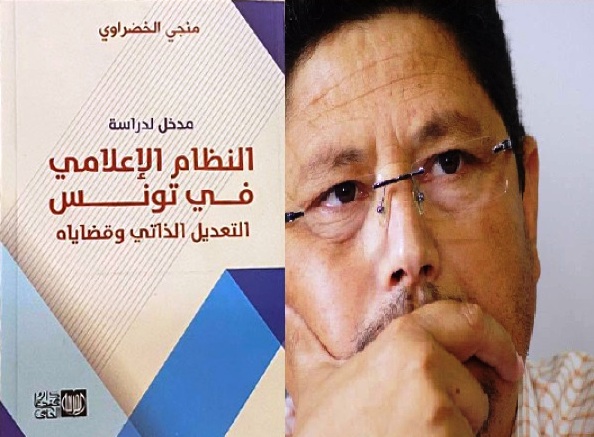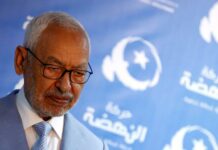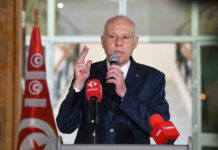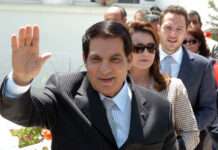This book represents an introduction to the study of the media system in Tunisia. Dr.Mongi Khadraoui, journalist and researcher in media and political sciences, dealt with the relationship between the components of the media system and the mechanisms of self-regulation in light of the political contexts that the country knew before and after the revolution. The book analyzed those variables that Tunisia knew and their impact on media mobility, as well as the legislative framework and the professional field.
Based on accurate scientific methodologies, Dr. Khadraoui reveals from within and outside the profession the movement of forming the media system and the stages of transition from authoritarian media to media in the process of formation.
According to the author, prior to January 14, 2011, the media in general was linked to political power, more than it was to the movement experienced by Tunisian society. It was an essential tool for monopolizing public space for the benefit of the authorities, which did not accept diversity. The media scene was characterized by the absence of the different opinion and the lack of criticism.
Therefore, immediately after the fall of the Ben Ali regime, several issues were raised, such as the abolition of the arsenal of laws, changing the reality of the Tunisian media and reorganizing it on new bases in which the values of freedom, independence, quality and objectivity are essential values in every journalistic work.
The book considered that the self-regulation system is an essential mechanism for establishing the collective responsibility of journalists towards society, and it complements the traditional media system that is based on a legal ground.
It also considered that the political system was the source of legitimacy for the authoritarian media in Tunisia before the 2011 revolution, while the public was absent. However, after the revolution, self-regulation mechanisms did not succeed in making the public a source of that legitimacy.
Dr. Khadraoui says: “The system of self- can only be completed and fulfilled in the light of a democratic state and society within which participation in the collective responsibility of journalists is established.”
The media is linked to several dynamic and immutable elements such as context, practices, representations, etc. All of these elements are structurally interconnected, making the self-regulation system linked in its dynamism to the stages and nature of the formation of the media system. Whenever the elements of the media system are homogeneous and formed, the conditions for establishing the system of self-regulation will be in place.
The book “Introduction to the Study of the Media System in Tunisia – Self-regulation and Its Issues” is considered the first scientific attempt in this field, which is still characterized by transformations and changes, and therefore it provides an important material for researchers, academics, professionals and politicians to understand the dynamics of transition within the media system, which reflects the dynamics of transition within the political system in Tunisia.











